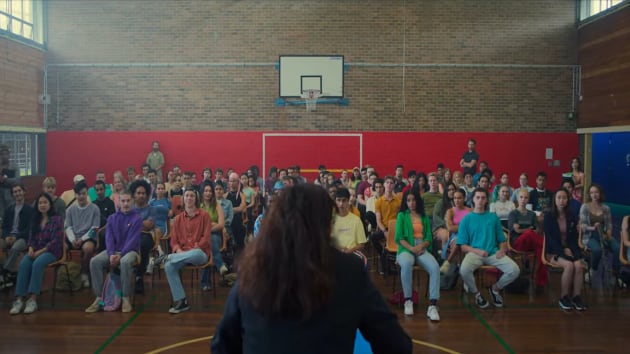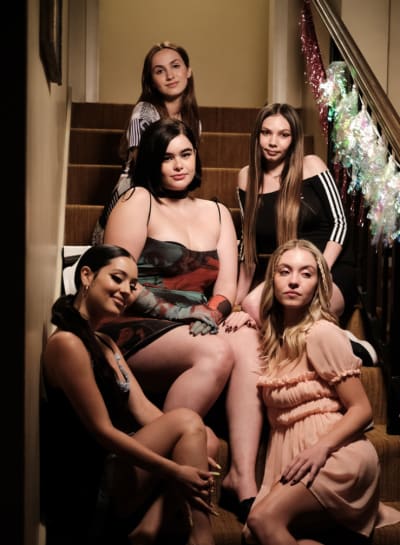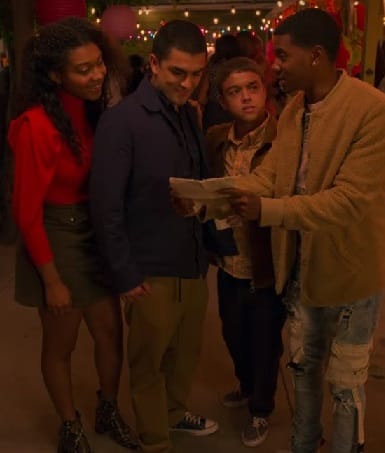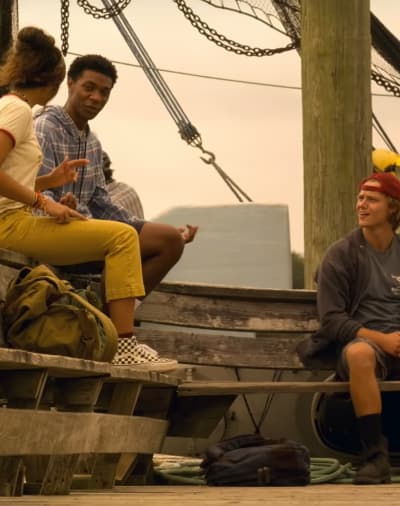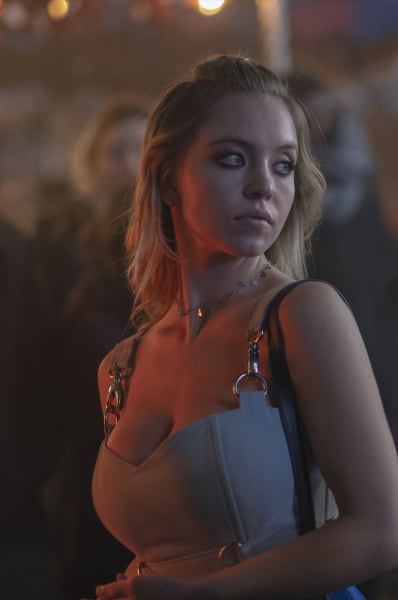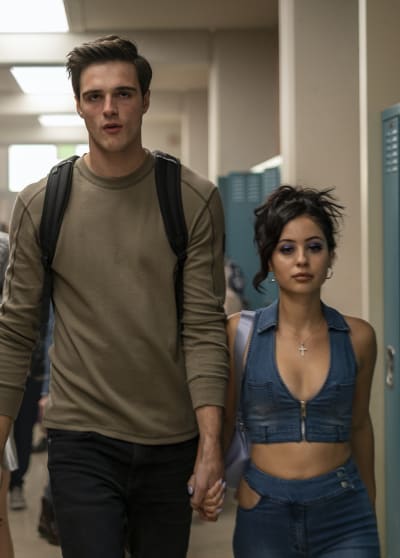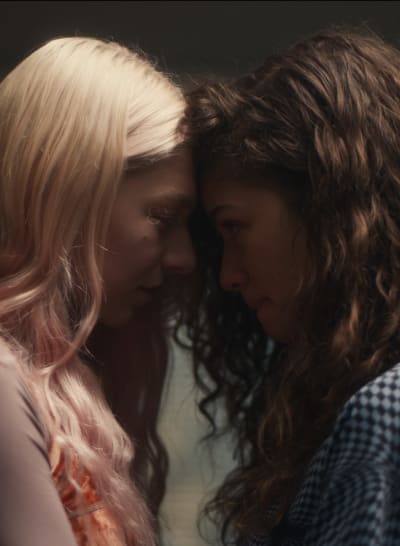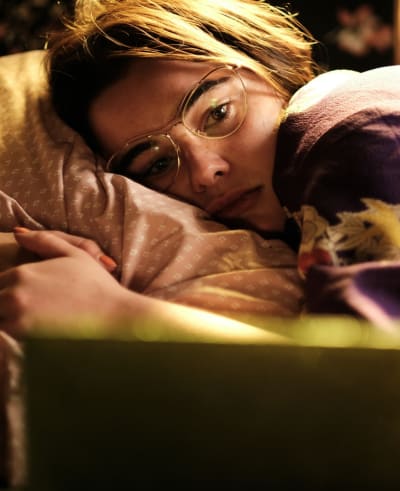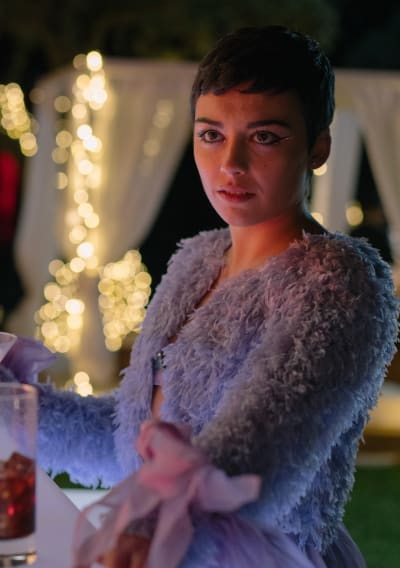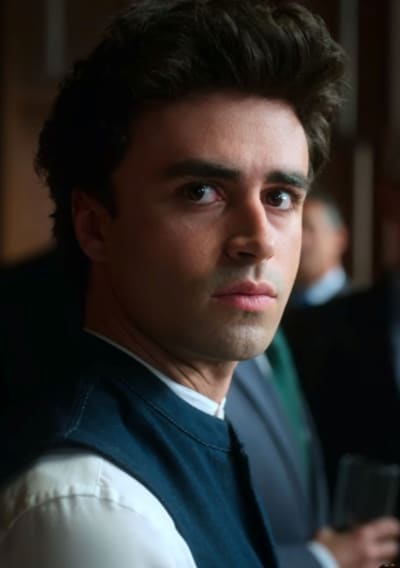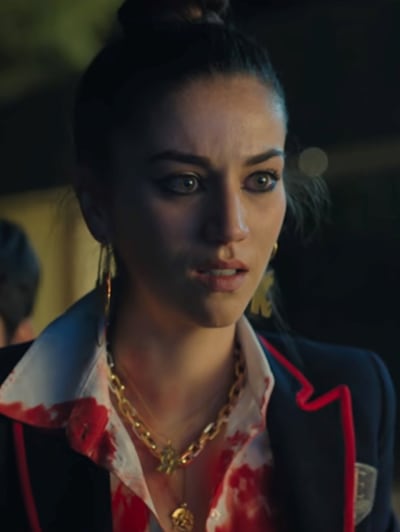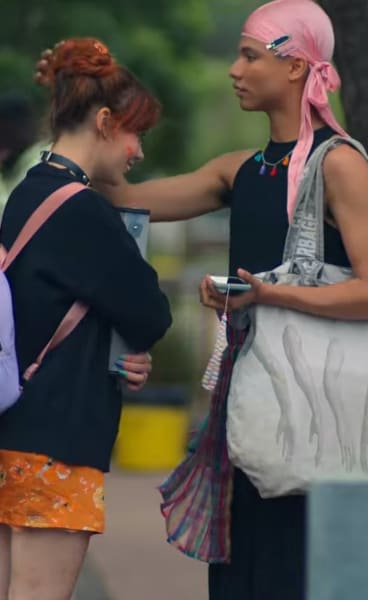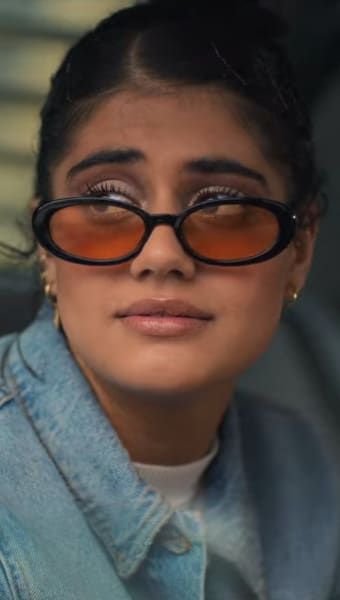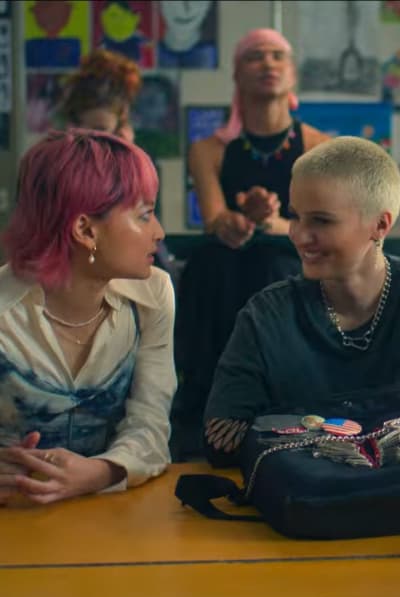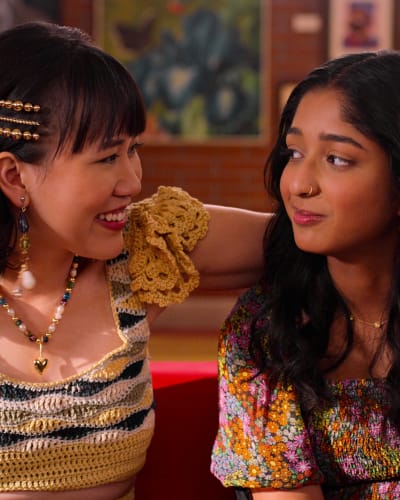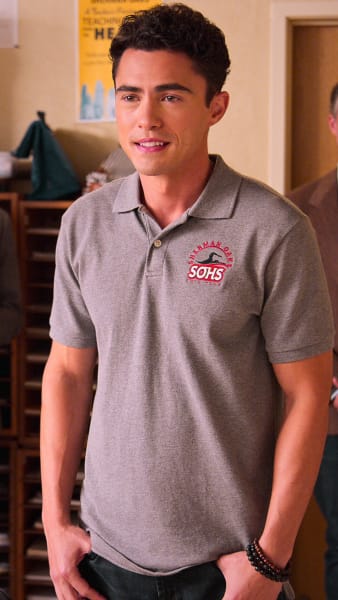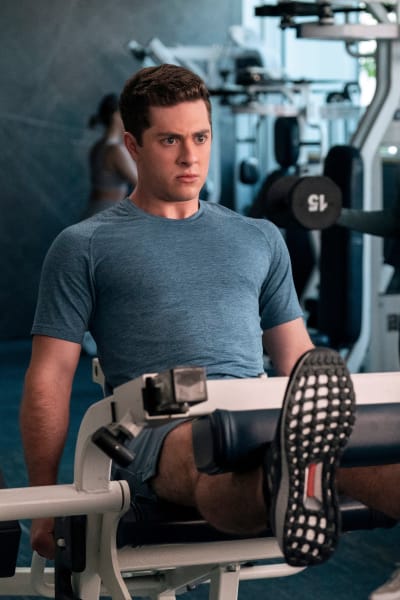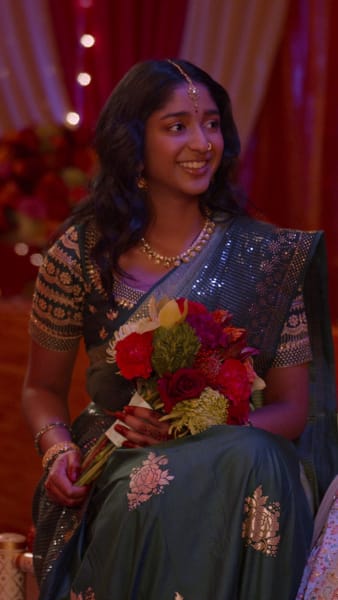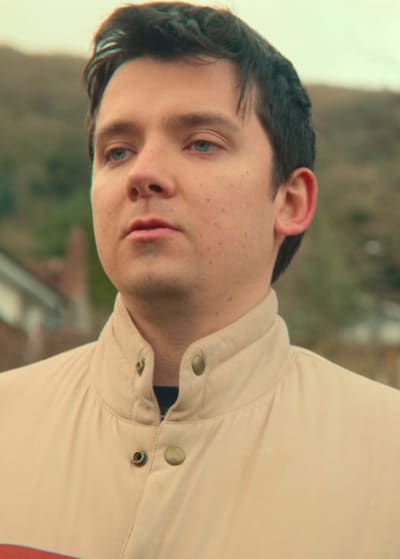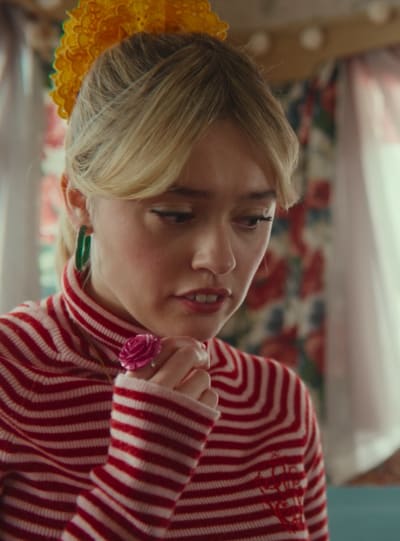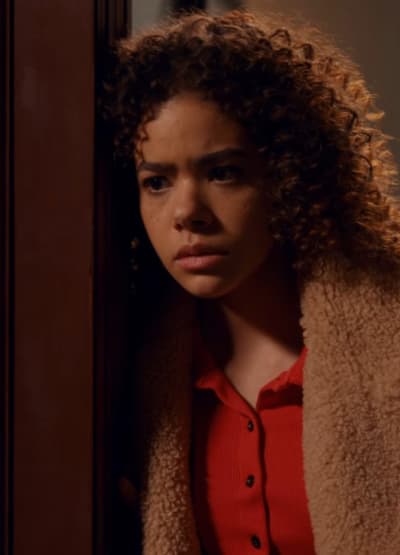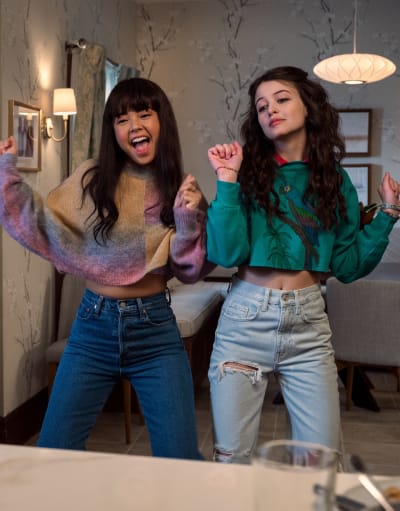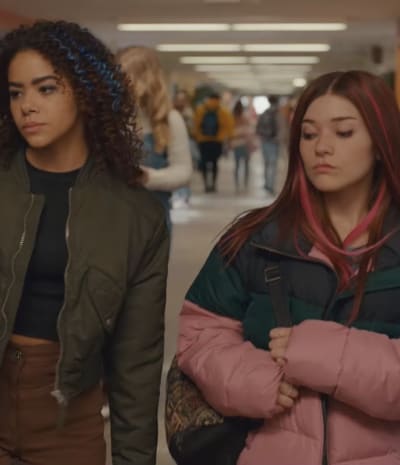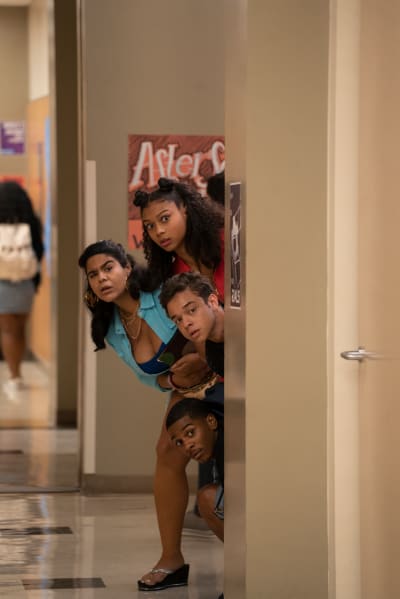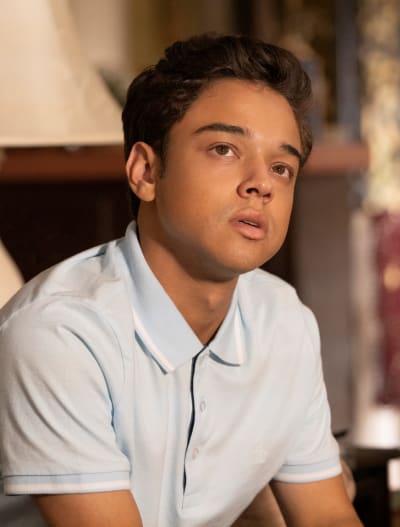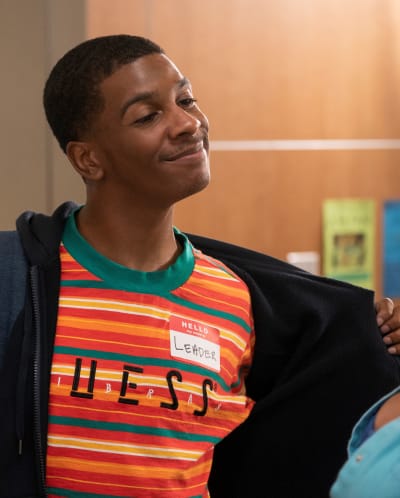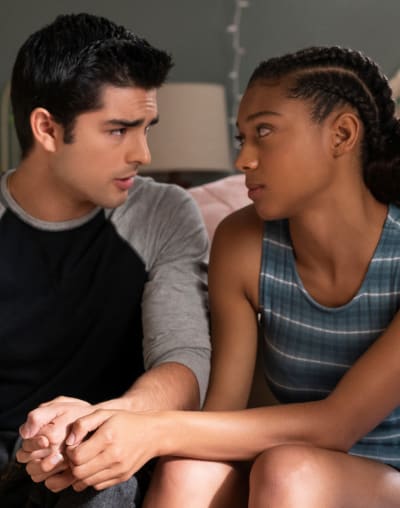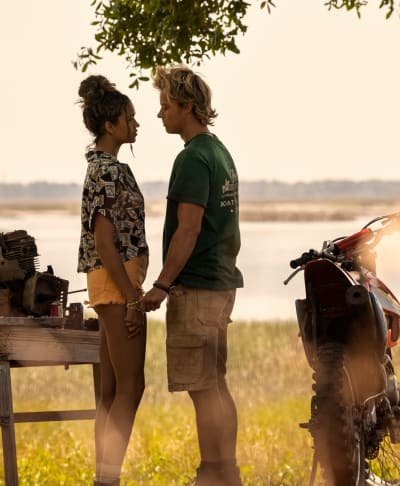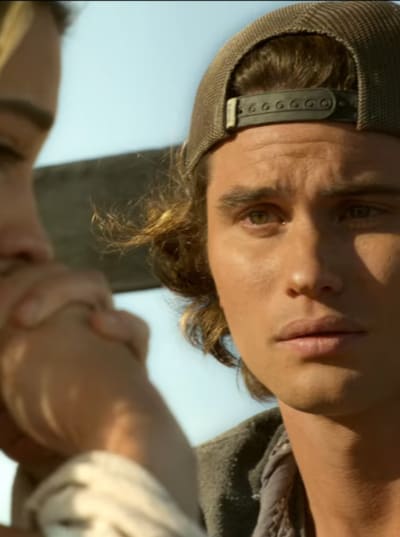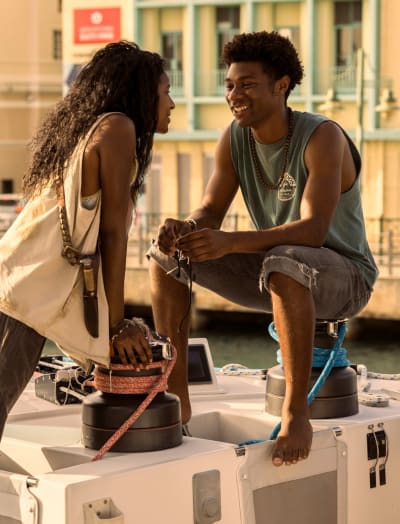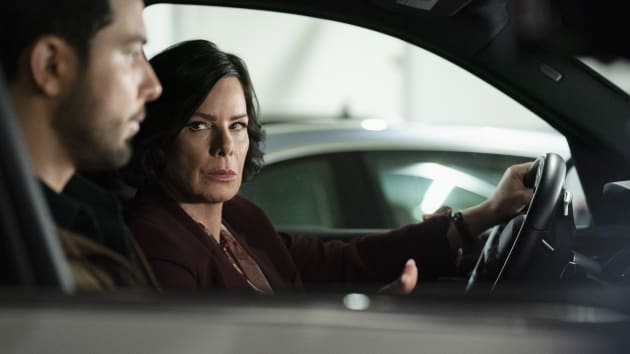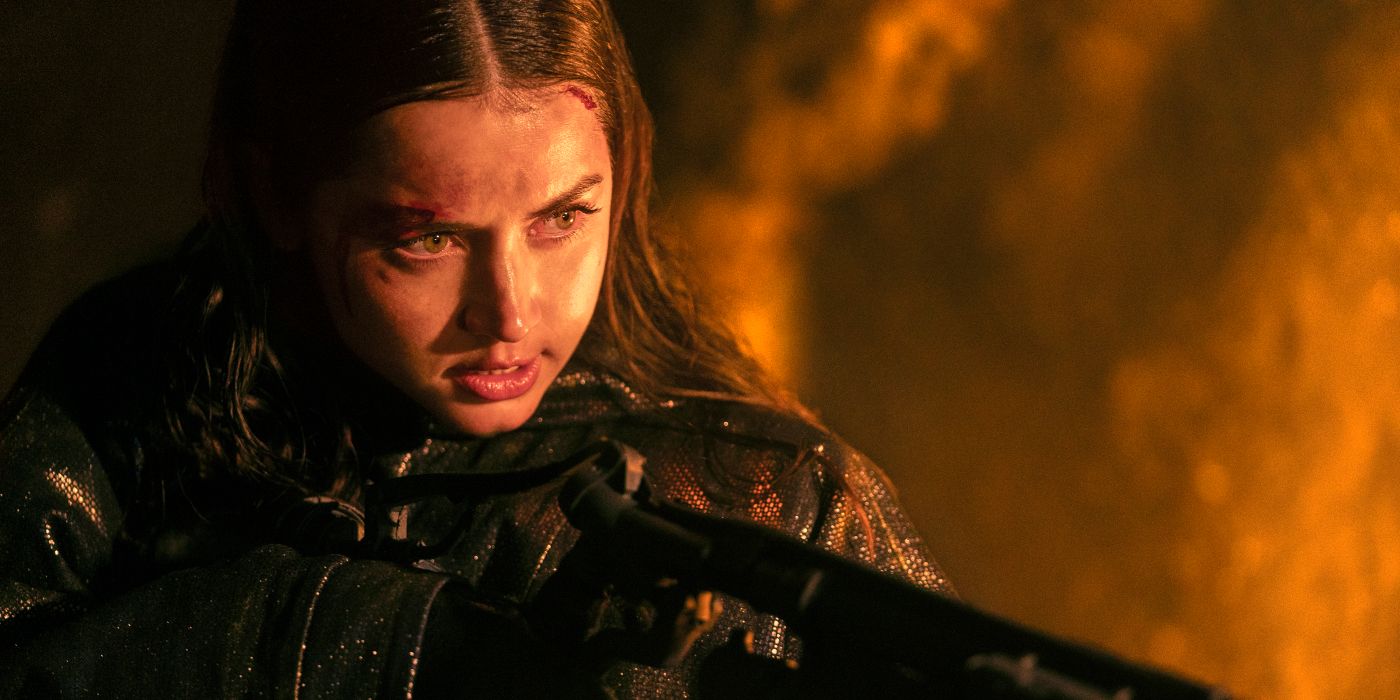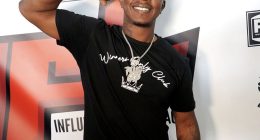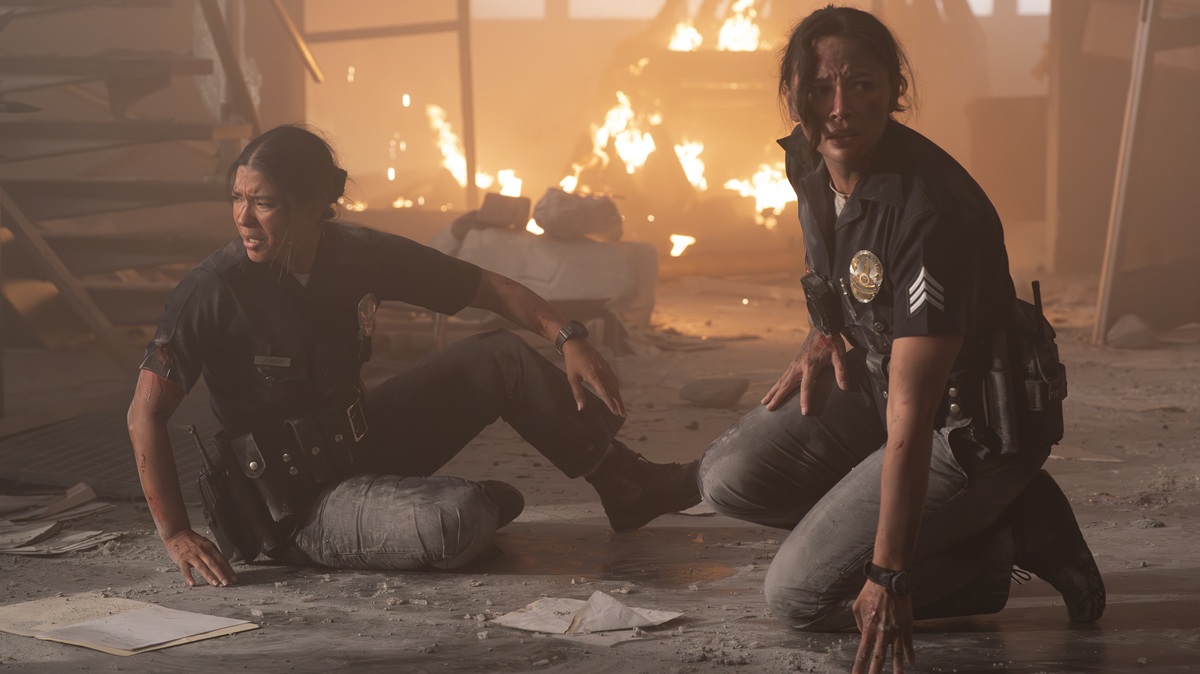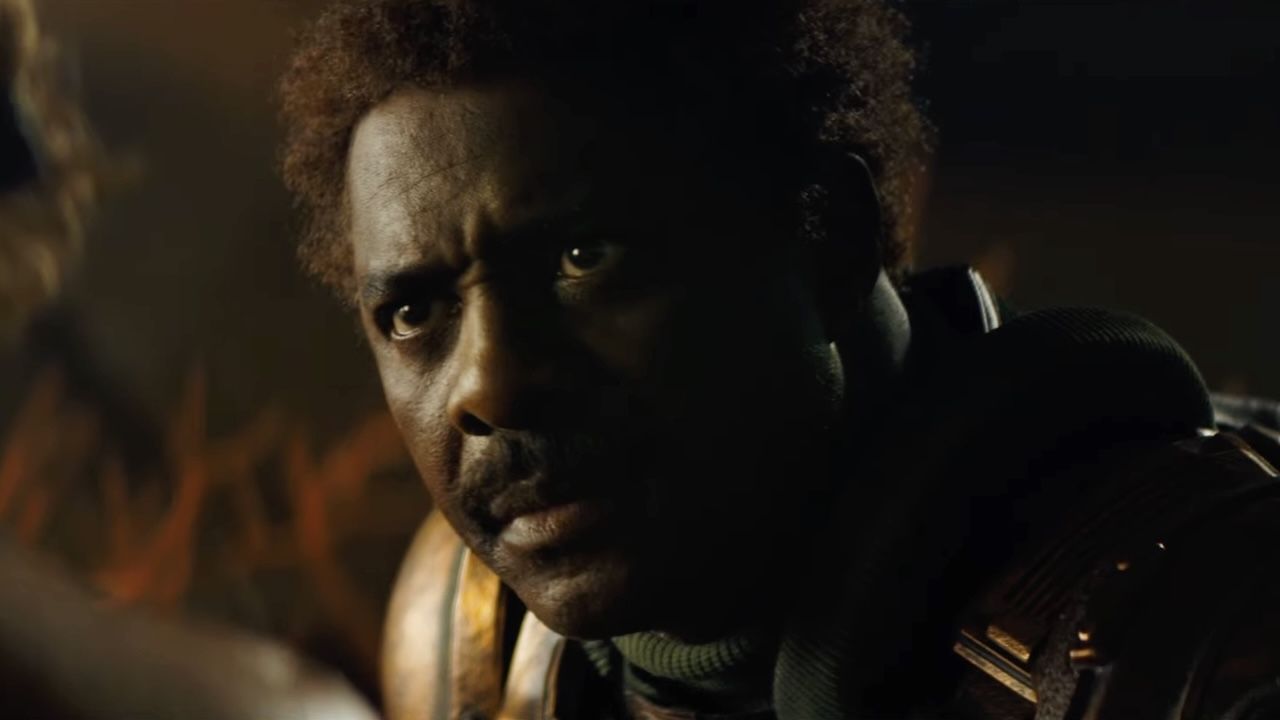Life as a teenager has drastically changed since technology’s inception and the evolution of world views.
I am, admittedly, on the older side of Gen-Z. I only recently realized I was not technically a millennial, having been born in 1997.
This is mainly because being in high school for me (2012-2016) is worlds away from what being in high school looks like now.
It feels like the world switched right after I graduated high school, and I have experienced both the older and the younger side of the generation.
People tend to forget that being born in 1997 and 2006 gives each a completely different experience, despite being grouped as one generation that MUST all act and think the same.
I looked at the girls only a couple of years younger than me, and clearly, the ‘awkward phase’ of Hollister tees and oddly lengthed shorts was no longer a thing.
It’s like they knew how to do makeup and wear trendy clothes out of the womb. And there are many more examples I could list.
Gen-Zers reflect a more accepting society than previous ones, rule social media and care about the environment and mental health.
Along with that, authenticity and uniqueness are of utmost importance.
The idea this generation only cares about their phones easily comes to mind. I am not trying to say that’s a wrong perspective.
However, the missing point is that we can put them down and have intellectual conversations on political and social issues.
Just because there is a new wave of characteristics doesn’t mean high school has become any easier.
The pressure is more intense than ever, and navigating the world as a teenager or young adult in this generation is stressful.
Depicting this environment in TV has created many hit series, and here are our top picks that depict life as a Gen-Z teenager.
Remember that we’re not just talking about teenagers in 2024, so when you think, ‘That’s so 2016,’ remember, we are part of Gen-Z, too.
Also, remember that people in different areas, and even different friend groups in the same school, all have differing experiences.
Euphoria
One show that seems to indeed hit the mark for capturing Gen-Z is Euphoria.
It doesn’t focus too much on phones or social media or use incorrect dialogue, which can likely be credited to Zendaya’s creative input.
Its depiction of drug use, toxic relationships, partying, spreading nudes, and the ups and downs of girl friendships hit the spot.
It is unrelenting and dark and a scary close representation of some of the stuff that went on when I was in high school.
It stars Rue Bennett (Zendaya) as a 17-year-old who battles addiction. She narrates the series, and we meet the other characters through her.
From her eyes, we see life as a high schooler, the good and the bad.
Critics hate it. Parents hate it. Far-right politicians hate it. Good. It’s not made for them.
The so-called “glorification” of the aspects they call “vile” is not a glorification at all.
It’s not like the show is telling teens to act and do as these characters.
In my case, no one needed to do that. It was already happening.
We get a mirror of teens expressing themselves and a journey of self-discovery through hard lessons learned.
Not only is it relatable through the characters and topics, but from its atheistic as well.
It captures the emotion behind the events. While sometimes over the top, it still validates the fears, anxiety, and social media struggle faced by many.
Elite
Elite is a Spanish series created for Netflix and set in a fictional elite high school. However, it has become an international hit.
It focuses on three working-class students on scholarships and their relationships with their wealthier schoolmates.
Now, a lot happens over the numerous seasons of the show. Think Gossip Girl but with a murder mystery twist.
The actors don’t seem to be trying, which creates a natural and believable Gen-Z culture of partying, locker-room fights, and all the betrayal and gossip that comes with high school.
It features the development of beautiful queer relationships, accepting yourself, and breaking class barriers.
The juxtaposition of the not-so-wealthy and the extremely rich come together to create friendships you wouldn’t expect, something I feel is more common amongst teens now than in previous generations.
However, that didn’t come at first. When new kids come to town, they tend to disrupt the “natural hierarchy” of the social order.
There is bullying, tormenting, and the determination to expose the affluent’s wrongdoings.
It has a lot of relatable content, such as the top girl being insecure, boys who like to hide their sensitivity, and the righteous girl who likes to take on a project (a troubled boy).
There is more than meets the eye in this series, even depicting a “throuple” that helps two characters in their journey of self-discovery.
The nuance of the show and its ability to cover topics like never before makes it relatable to Gen-Z.
Heartbreak High
Heartbreak High is an Australian Netflix series that also hits internationally, like Elite.
It is hilarious, shocking, diverse, and gritty.
It has many LGBTQIA+ characters, and one of the main characters has Autism, which adds a perspective we rarely see in shows in such a natural and accepting way.
It hits a lot of teenage drama that occurs in real life. First, starting with the discovery of a “sex map.”
Although that may seem far-fetched, the idea behind it, your sexual secrets on full display, is not improbable as a high schooler.
People love to talk about that stuff.
It has ghosting of a best friend, friends betraying others by sleeping with ex and current boyfriends, public displays of fighting the patriarchy, and boys not publically acknowledging the girls they sleep with.
The list could go on.
The sexual urges of a teenager are on full display, and so is the representation of characters constantly overlooked in mainstream media.
It represents teenage life and 2024 Gen-Z students in twists and turns.
Never Have I Ever
Never Have I Ever stars Maitreyi Ramakrishnan as Devi Vishwakumar, an Indian-American Tamil girl, and the ups and downs that come with the last three years of high school.
At the start of the series, Devi is determined to change her social status after a rough first year.
The sudden death of her father means the show adds an aspect that not all can relate to, but seeing how she deals with the grief and life with her mother provides a mirror into something that should be acknowledged.
The amount of relatability to Never Have I Ever seems to vary.
Some aspects are on point, and others don’t go over well.
For example, the dialogue in the show could use some work. It has some cringe-worthy moments and can be overdramatic.
It also focuses heavily on virginity and having sex in general. This reliability varies from person to person and on where you live.
In places that are lower income or don’t have a lot to do, then sex tends to be more prevalent than in affluent areas or places with things for teens to do.
The same goes for drugs and drinking for a lot of shows in this article. Some people are more desensitized to these things than others.
However, Devi’s emotional reactions, graduating and leaving friends, the idea of spreading rumors, being ghosted by a boy, arguments with friends, and stressing about your dream college are all pretty accurate.
Full disclosure: I am not South Asian. So, I did have to read a lot about how people felt about the portrayal of being a South Asian teen.
Bullying is horrible, and feeling alienated is soul-crushing.
Unless you attend an extraordinarily diverse and accepting school, then chances are race-related bullying and stereotypes run rampant.
However, it seems that the depiction of Devi’s feelings and thoughts stemming from finding her identity and being South Asian is realistic.
When all is said and done, there is far more relatable content, for most, in the show than outlandish.
Sex Education
Sex Education is a British series that mainly follows Otis Milburn (Asa Butterfield), whose single mother is a sex therapist.
Even though his mom is highly casual about sex and her own sex life, Otis is very uncomfortable with any sexual encounter.
The show is full of awkward conversations and relatable moments.
Creator Laurie Nunn’s goal was to create a show highlighting how the conversations around sex, identity, and gender have changed.
Nunn explores these ideas from many perspectives, creating an essential Gen-Z hit.
The series tackles the ideas of coming out, slut-shamming, insecurities about one’s body, and confusion around sexual desires.
There are also themes of having a troubled family past, bullying, self-loathing, pressures of high expectations, cliques, secret friendships, being a gay son of immigrants, and dealing with a parent who has an addiction.
There is even a girl who writes alien erotica and desperately wants to lose her virginity.
This sex-positive show was made for modern-day teens, and the writing, directing, and acting are top-notch.
Ginny & Georgia
Ginny & Georgia, created by Sarah Lampert, has been highly critiqued for its depiction of certain things.
Some moments will make you cringe, but its premise and storylines are done very well.
I started questioning whether this show was more relatable to older Gen-Zers after reading a rant on Hunter’s Snapchat scene saying, “That’s so 2016.”
Which is where my earlier comment stems from.
Maybe they forgot some of us were in high school when the app took over.
The parts that I want to point out specifically are the conversations around self-harm, racism, body image, breaking someone’s heart, and questioning where you belong.
One of the main characters, Ginny (Antonia Gentry), is bi-racial.
Being half-white and half-Black leads her to question where she fits. Many events in the show shed light on things that not everyone has to consider and are essential to understanding.
Such as when the school’s party has a woman giving girls ponytails or everything her ignorant English teacher says and does.
We also get to relate to heartbreak, first loves, liking a boy who only cares about hooking up, non-conventional parents, and the turbulence of friendships.
That’s not even the tip of the iceberg, either. Her mom, Georgia, comes with a whole other side of crazy.
This show may have Swifties angered, but it is worth a watch for the rest of us.
On My Block
On My Block is a story about four friends living in a rough inner-city LA neighborhood who experience their lifelong friendship tested by high school problems.
Its focus is on underrepresented communities, bringing up timely societal issues from a natural and authentic perspective.
It stars Sierra Capri as Monsé Finnie, an Afro-Latina tomboy and leader of the group.
Jason Genao, as Ruben “Ruby” Martinez Jr., is a math prodigy of Mexican background and the group’s conscience.
Brett Gray as Jamal Turner, the nerd in the group and African-American.
As well as Diego Tinoco as Cesar Diaz, a genius Latino forced into a gang after his brother’s release from prison.
It’s hard to find TV shows depicting young people of color facing issues in their community like the ones brought up in the show.
Plus, this is such an influential time in the character’s lives, making it even more unique because they are in their very early years of high school when the show starts.
The acting, writing, and storylines are magnificent.
It is beautifully comedic but also tackles severe issues simultaneously, like all the situations they encounter while trying to save Cesar from the gang.
The show features typical teen dilemmas while also facing police harassment and violence.
The way they set up the characters breaks away from stereotypes, which is highly refreshing.
They have each other and know that where they grew up doesn’t have to be where their future is.
Outer Banks
Treasure hunting aside, Outer Banks is a fun and adventurous show that gained extreme popularity soon after it emerged.
Its depiction of the Barrier Island teen life is very close to accurate.
I grew up in a similar environment in Florida, and I couldn’t stop reminiscing about my high school years when I watched it.
But that isn’t the only reason for its relatability. You can find class gaps that create stereotypes and differing friend groups almost anywhere.
While usually, they aren’t nearly as extreme as depicted in Outer Banks, it still sadly exists. They show how to overcome family expectations and naive preconceptions and create strong relationships despite that.
We also see how not all rich people are happy and how dangerous those kinds of families can be.
At the end of the day, sometimes water is thicker than blood.
It is a little deeper than your average teen show.
Sarah must constantly rethink her life because her brother and father care more about treasure than her life.
Kie deals with parents who truly don’t understand her, hate her boyfriend, and are borderline overprotective.
They want what’s best for her. However, they go about it horribly.
John B. (Chase Stokes) raised himself, and so did JJ.
Each has a different parental issue and background, giving way to kids forced to be independent and bitter.
Conversely, Pope’s parents are pretty strict, and he cares about school with eyes set on a bright future, bringing a different perspective.
The teen drama mixes heartbreak, cheating, relationships, differing parental styles, overcoming socio-economic gaps, and the journey of finding one’s self with treasure hunting, mystery, and near-death experiences in a captivating way.
There is no denying that teen dramas have taken over.
Finding one that can hit home is easy with the many different shows. Sometimes, this is precisely what we need.
Being able to connect to a show and its characters can surprisingly actually help in the real world.
Share your thoughts below in the comments and what show you hold dear to your teenage experience!
Eve Pierpont is a staff writer for TV Fanatic. You can follow her on X.

